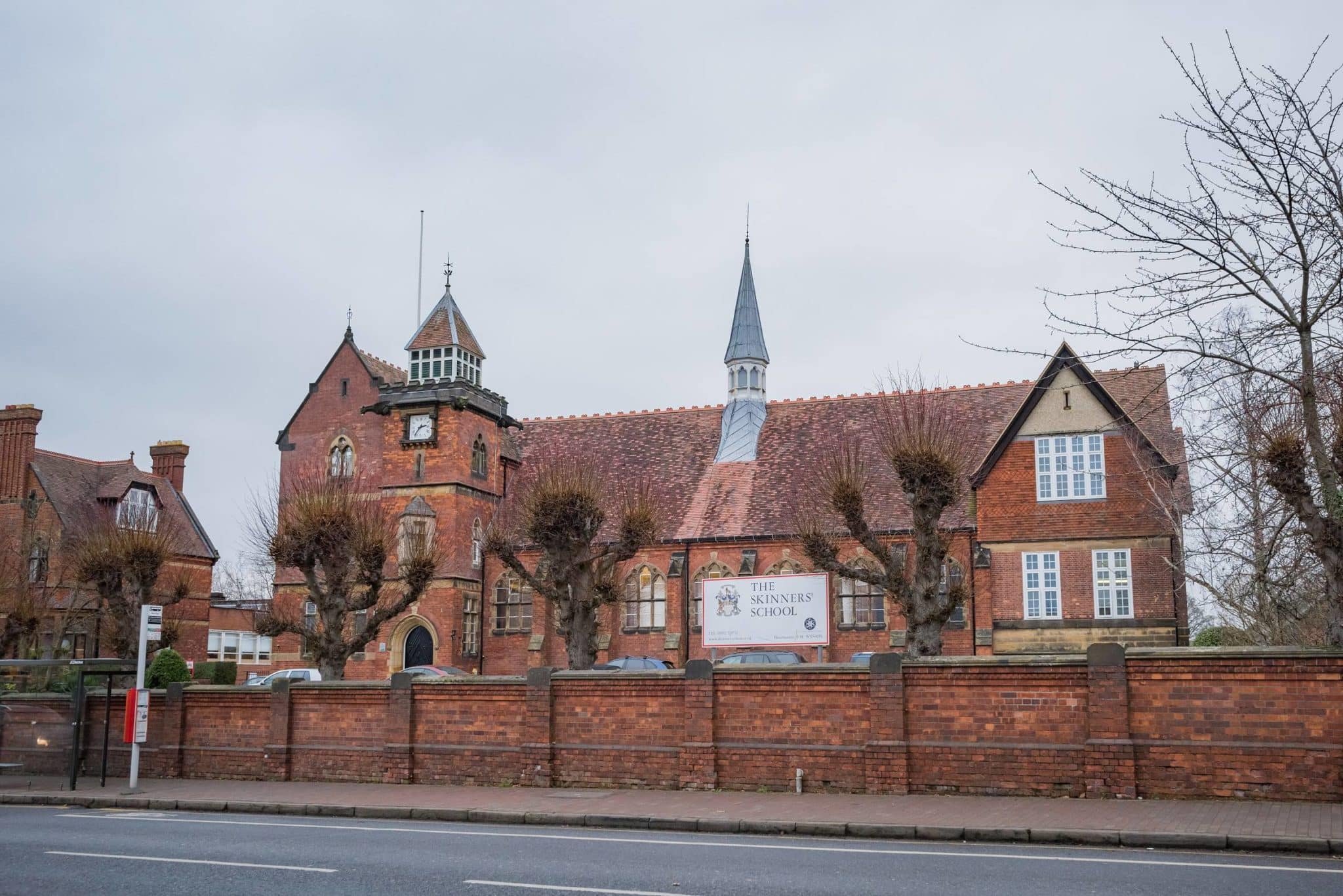NEW data shows that three Tunbridge Wells schools rank among the lowest in Kent when it comes to accepting children from poorer backgrounds.
Tunbridge Wells Girls’ Grammar School (TWGGS) and The Skinners’ School are joint-third, while Tunbridge Wells Grammar School for Boys (TWGSB) placed fourth as the least-inclusive of 37 grammar schools in the county.
BBC analysis of a Department for Education (DfE) report found that only four per cent of pupils from disadvantaged backgrounds were admitted to TWGGS and The Skinners’ School last year, while five per cent of deprived children were given places at TWGSB.
Tonbridge Grammar School was ranked the lowest in the county – admitting only two per cent of poorer children to the school.
Children from disadvantaged backgrounds are measured by those receiving Pupil Premium support, which is linked to free school meals.
The DfE reported that in Kent, 24 per cent of children aged 11-15 come from deprived backgrounds, yet grammar schools in the county took in, on average, 9.37 per cent of disadvantaged children.
Arthur Ponsonby, Director of The Right Tuition Company, who teaches and offers financial relief to deprived children sitting the 11 Plus exam, told the Times: “Whilst Tunbridge Wells, contrary to popular belief, does indeed possess pockets of deprivation, it isn’t the first town that pops into the minds of Kent folk when contemplating the county’s socio-economic hardship.
“On this basis, the conflation of county-wide data with that of a singular town, can present some distortion of the realities surrounding this debate.
“If legislation is ever to be brought forward to enable new grammar schools to be developed, then I think it would be worthwhile to concentrate these efforts in those less-advantaged parts of the county,” Mr Ponsonby explained.
“This is the key difference that will help grammar schools to rediscover their capacity as vehicles for social mobility.”
There has been some improvement in admission policies with 72.5 per cent of schools adopting new guidance such as lowering the pass rate of the 11 Plus exam for disadvantaged children and creating a quota of places.
While TWGSB gives low priority to disadvantaged children, TWGGS gives high priority to children receiving Pupil Premium when considering their application. The Skinner’s School also allocates ten places for deprived children with a lower test score threshold every year.
AIM is a charity in Kent that supports children from disadvantaged backgrounds taking the 11 Plus test.
The number of pupils in education between 2010 and 2022 rose by 11 per cent in Kent, as TWGSB admitted 26 per cent more pupils and Skinners’ 35 per cent more, but TWGGS took only two per cent more pupils over the last 12 years.
Grammar schools educate just five per cent of secondary school pupils in the UK at 163 schools across the country.
The selective exam process encourages parents to pay for private tuition to get their children into these schools, making them unobtainable for poorer students.
As well as lowering the pass mark and including quotas, a third of grammar schools now have online practice tests available to make it easier for those who don’t have private tutoring.
The Department for Education have said they are working to encourage ‘all schools including grammar schools’ to improve the admissions processes for disadvantaged children.
Tonbridge Grammar School, TWGGS and TWGSB have been approached for comment.
The Times spoke to Edward Wesson at The Skinners’ School:
“We give preference to children with Pupil Premium and as a result the number of children on Pupil Premium has more than doubled since I worked here, from two per cent to now nearly five per cent, with the increase in numbers in years 7-10.
“We have only had this policy for the last three or four years, so most of [these] students are lower down in the school, but the number of disadvantaged children is increasing.
“We have a quota of ten per cent per year group, which is going to be established for this coming September, but we expect we won’t fill it as not every pupil offered a place will come here.
“Data suggests that Pupil Premium children have lower attainment and by default they achieve lower marks, so we try to provide extra help by giving preferential treatment in our admission policy,” Mr Wesson explained.
“We are also running a series of activity days such as a football tournament to encourage disadvantaged primary pupils to come to grammar school.
“We support the charity AIM by allowing them to use our premises for free to carry out mock exams.”








